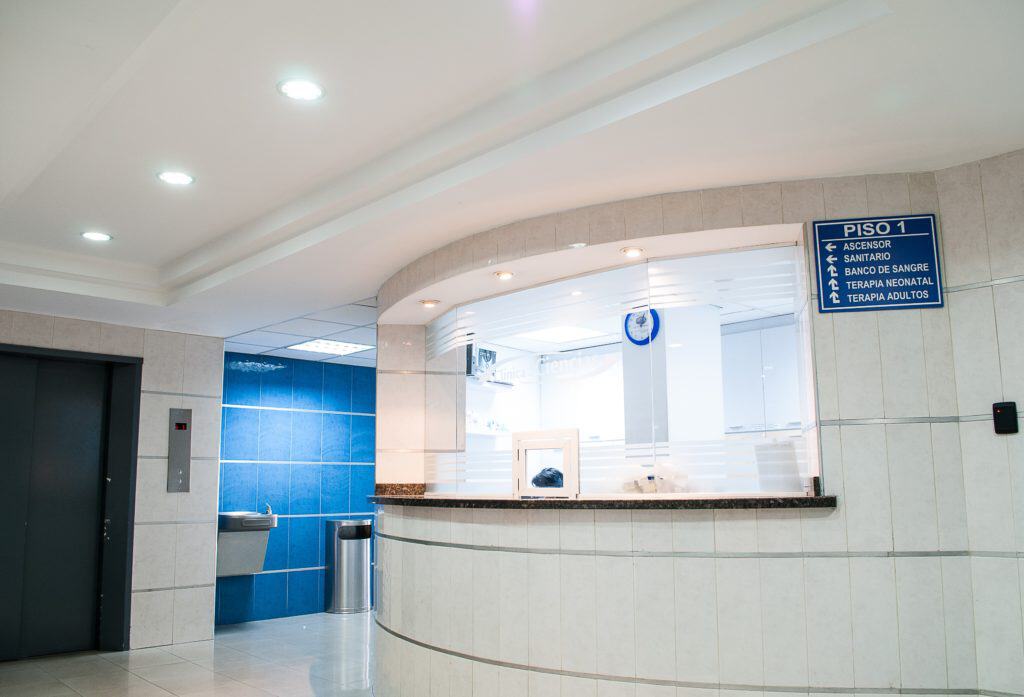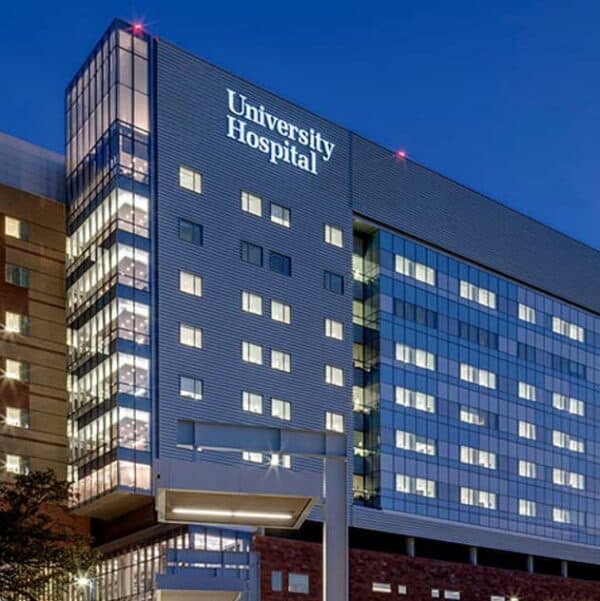More hospital closures are on the horizon. The most recent of them, St. Mary Hospital in Port Arthur, Texas, is just one of the many that have shut their door so far this year. Although the patients that now have to go elsewhere for care are what makes this a bad situation, the worst part is that all of this could have been prevented if the hospital had just filed Federal ERISA appeals on their unpaid commercial health insurance claims. This process, which is tricky to navigate, can actually help hospitals that are on the brink of bankruptcy by providing them with much-needed cash flow.
Why Hospitals Fail
Many people end up reading about failed hospitals in the news and wonder why this happens. After all, they need to pay for parking at these facilities. They must pony-up copays and prescription costs that their insurance doesn’t cover. If they head to the cafeteria for a meal when visiting a sick relative, they need to pay a large amount for their food. Volunteers – not paid employees – are on hand when they walk in the door and need help finding a specific room or wing. It seems as though hospitals are making money hand over fist, but they aren’t.
In reality, hospitals have a lot of expenses to cover. They need to pay for upkeep on their parking decks, hence the hourly parking fees. They need to pay workers to bill those commercial health insurance companies in order to collect on what those businesses owe them for completed procedures. The cafeteria workers need to be paid. The food is purchased, not supplied to them for free before it’s cooked and sold to patients and visitors. There are nurses, orderlies, doctors, and administrators who earn salaries. New equipment and supplies must be purchased. All of this can add up quickly. It’s hard to pay those bills when the commercial health insurance companies aren’t paying theirs.

St. Mary Hospital in Port Arthur, TX
When a hospital starts to go under, it does have a few options. The hospital can put itself on the auction block, hoping to get purchased by another medical chain that brings in a cash infusion to save it. They can cut back on services, which only makes the problem worse, as fewer services mean that even less money comes in. The final option – file for bankruptcy and close the doors – only happens when everything else has failed and there’s no rescue on the horizon.
In the case of St. Mary Hospital in Port Arthur, TX, the hospital had already been owned by a larger healthcare chain, Christus Southeast Texas Health System. According to those close to the situation, “Hospital leaders cited a steady decline in inpatient admissions and shifting demographics in the city as the reason for the closure.” In addition, “’ Over the last 10 to 15 years, we have seen a steady decline of inpatient admissions, as most hospitals across the country have seen,’ Paul Trevino, president, and CEO of Christus Southeast Texas Health System, told the Beaumont Enterprise. ‘But I think the added challenge has been a decline of activity around St. Mary as populations in our market have started to move north.’”
St. Mary’s leaders tried to cut back on services, but it didn’t work. “Since 2015, St. Mary hospital has been used primarily for emergency services and outpatient procedures and surgeries requiring less than a three-day hospital stay. These services will wind down over the next 45 days.” the expert stated. After the hospital closes, “About 150 full and part-time employees will be affected by the closure. Christus hopes to offer at least 75 of the affected employee’s jobs at other facilities in the network. The 90-year-old hospital will be demolished and turned into green space, according to the report.”
They did everything right but still failed. Here’s what could have worked.

Filing State Level Appeals to Get Those Claims Paid
The first step of the commercial healthcare claim process involves filing those claims in the first place. The billing department receives all of the paperwork, codes it appropriately, and then files the claims for payment. The commercial health insurance companies have the option of paying the claim in full (and many do), paying a portion of it, or sending it back on appeal. In most cases, these appeals are done because something isn’t correct. The patient’s name might be misspelled, proper preauthorization wasn’t obtained, the amount isn’t right, and so on. When this happens, the billing center employee can correct the claim and then send it back. However, other claims just aren’t paid, and there is no real reason for it. No matter what, the hospital receives three state-level appeals on these claims. If they are sent out three times and remain unpaid, then, most of the time, nothing else happens. Those unpaid claims end up on the wrong end of the balance sheet, and when they add up, the hospital ends up going under. Thankfully, there’s another option: Federal ERISA Appeals.
The Final Steps: Federal ERISA Appeals
The Federal ERISA law was initially put into place in order to protect employee retirement plans, but it quickly was expanded to cover health insurance as well. As long as the employee pays into their health insurance, it falls under ERISA. According to the law, those commercial health insurance claims must be paid. However, it takes an expert – and some time – in order to do so. You need to reach out to the experts.
Is Your Hospital in This Situation? Contact Us!
If your hospital, health center, outpatient surgery center, or clinic is in financial trouble, or just has a lot of unpaid claims that have gone through the state level appeals process, contact us. We specialize in Federal ERISA appeals and can get those claims paid for you. All that we need is the right paperwork. Contact us today – or fill out the form on our website – and we’ll reach out to you and get started!





